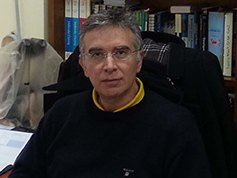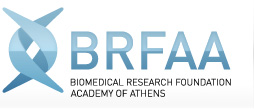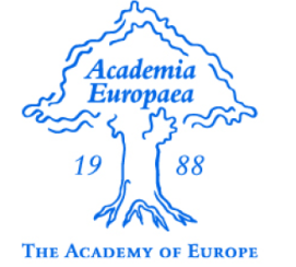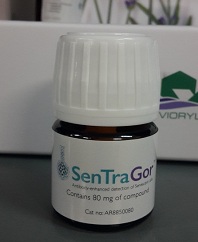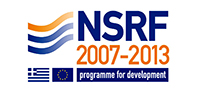Genomic instability — an evolving hallmark of cancer
Genomic instability as a hallmark of cancer. a) A proposed revision of the hallmarks of cancer to include genomic instability, and to consolidate the self-sufficiency in growth signals and insensitivity to anti-growth signals into the single hallmark of activated growth signalling. The secondary hallmarks (oxidative stress and proteotoxic stress) are shown separately. b) The temporal order by which the hallmarks are acquired in hereditary cancers. The establishment of genomic instability is probably the initiating event, which then facilitates the establishment of all the other hallmarks. c) The temporal order by which the hallmarks are acquired in sporadic (non-hereditary) cancers. Deregulation of growth-regulating genes can be the initiating event. This leads to DNA damage and DNA replication stress, which, in turn, lead to genomic instability and selective pressure for tumour suppressor p53 (TP53) inactivation. Loss of p53 function allows evasion from cell death, whereas the genomic instability provides a fertile ground for additional mutations that lead to the establishment of the remaining hallmarks, as in hereditary cancers (1). [Figure in part a) is modified, with permission, from REF 59 © (2009) Elsevier of (1)]
1) Negrini et al. Genomic instability--an evolving hallmark of cancer. Nat Rev Mol Cell Biol. 2010, 11(3): 220-8.
